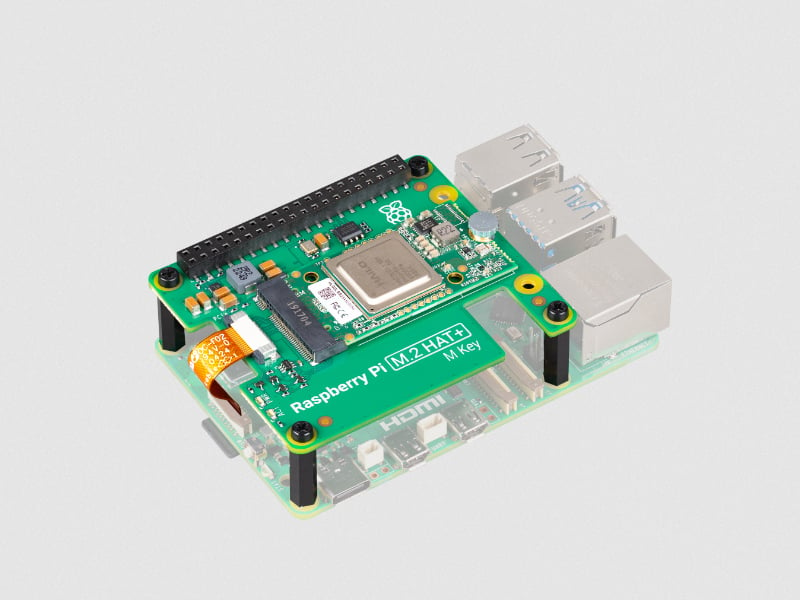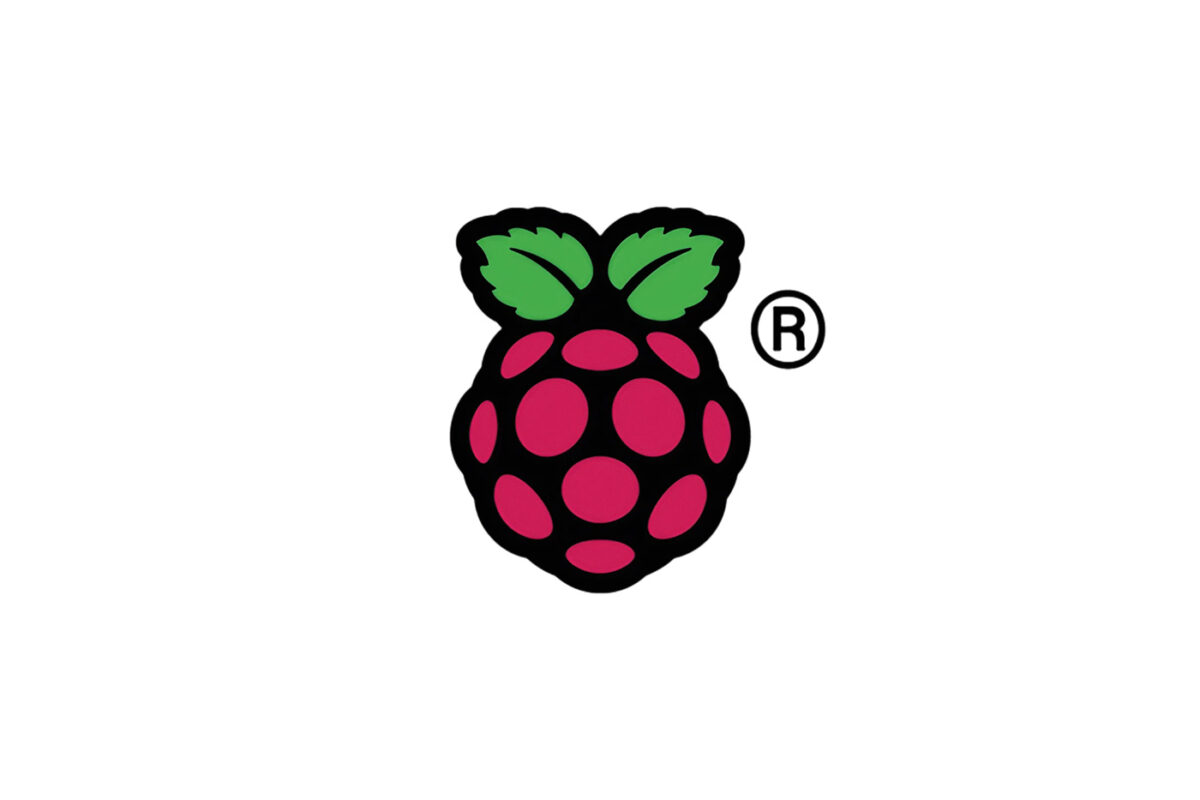TLDR
- Raspberry Pi has launched a $70 AI Kit featuring the Hailo-8L AI accelerator chip, providing 13 TOPS of AI processing power.
- The AI Kit is an M.2 Hat board with a pre-installed M.2 stick carrying the Hailo-8L chip, designed to work with the Raspberry Pi 5 single-board computer.
- The Hailo-8L chip offers low power consumption, using around 1 watt for every 3 TOPS of performance, with a maximum of 5 watts.
- The AI Kit allows some AI workloads to be processed locally on the Raspberry Pi, reducing reliance on cloud-based AI processing.
- Raspberry Pi expects the affordable AI Kit to lead to an “exponential increase” in AI applications and solutions.
Raspberry Pi, the renowned maker of affordable single-board computers, has taken a significant step into the world of artificial intelligence (AI) with the launch of its AI Kit.
This new product aims to bring AI capabilities to the Raspberry Pi ecosystem at an accessible price point.
The Raspberry Pi AI Kit is a hardware bundle consisting of an M.2 Hat board and a pre-installed M.2 stick carrying the Hailo-8L AI accelerator chip.

The Hailo-8L is a scaled-down version of the previously announced Hailo-8 chip, offering 13 tera-operations per second (TOPS) of AI processing power at INT8 precision.
While the Hailo-8L may not match the performance of AI accelerators from tech giants like AMD, Intel, and Qualcomm, it represents a remarkable achievement in terms of affordability and power efficiency.
The AI Kit is priced at just $70, making it an attractive option for hobbyists, researchers, and developers interested in exploring AI applications on the Raspberry Pi platform.
One of the key advantages of the Hailo-8L chip is its low power consumption. According to Raspberry Pi’s Chief Technology Officer, Avi Baum, the chip consumes approximately one watt of power for every three TOPS of performance, with a maximum power consumption of around five watts.
For typical workloads, such as processing 60 frames per second video in real-time, the chip often operates at just one or two watts, making it highly energy-efficient.
The introduction of the AI Kit addresses a long-standing limitation of the Raspberry Pi ecosystem. Previously, users had to rely on cloud-based AI processing for tasks like object detection, as the Raspberry Pi lacked sufficient on-device AI capabilities.
With the AI Kit, some of these AI workloads can now be processed locally on the Raspberry Pi, reducing the need for constant connectivity and reliance on cloud services.
Raspberry Pi’s CEO, Eben Upton, believes that the AI Kit represents a significant performance leap for the Raspberry Pi 5 and expects it to lead to an “exponential increase” in AI applications and solutions.
He highlighted that even before AI became a mainstream topic, Raspberry Pi users were already utilizing the technology for tasks like object detection, albeit with limited accuracy and reliance on cloud processing.
While the AI Kit is primarily designed for smaller AI models and optimized, quantized large language models (LLMs), Upton acknowledged that some workloads, such as running the LLaMa 3 70B model, may still require cloud processing due to their computational complexity.
The AI Kit’s modular design and rapid development cycle, which took only six months from concept to final product, showcase Raspberry Pi’s agility and commitment to staying at the forefront of emerging technologies.
Upton expressed his hope for further collaborations with Hailo, indicating that the AI Kit may be the first of many AI-focused products from Raspberry Pi.


